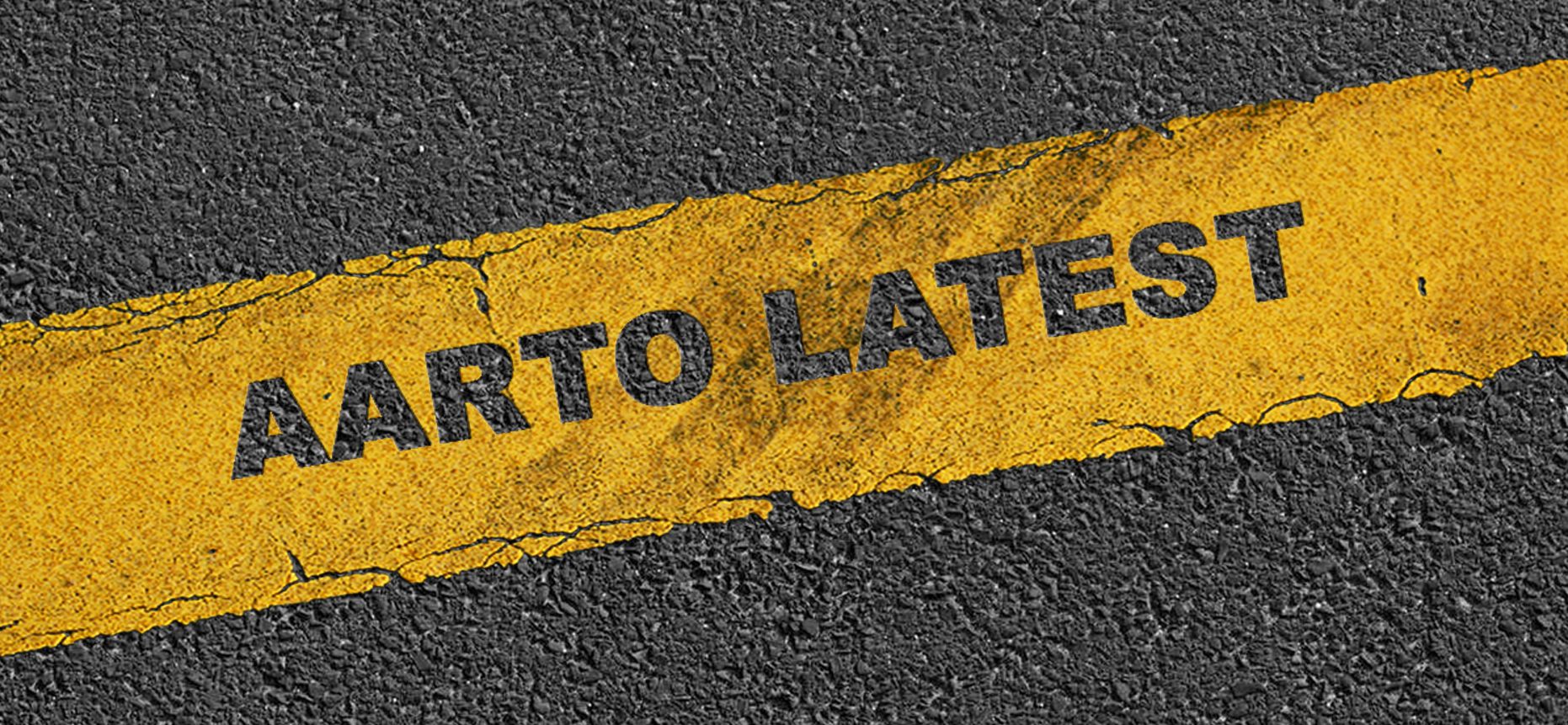.
Why is OUTA taking AARTO to court next week?
The controversial amendment to AARTO (the Administrative Adjudication of Road Traffic Offenses Act, 1998), was passed by Parliament in September 2017 and signed by the President in August 2019. After a failed attempt or two, the first stages of the roll out have now started. However, OUTA believes that both the AARTO Act and the AARTO Amendment Act should be declared unconstitutional, and we are letting the courts decide on this. Our court case to challenge the constitutionality is scheduled to start on 18 October.
When Parliament asked for input on the amendment, our legal team gave comprehensive feedback on the shortcomings of the law. However, it was ignored.
While OUTA believes that measures to improve road safety and reduce fatalities are urgently needed, we believe that the AARTO Amendment Act will not achieve this. AARTO was rolled out in Gauteng 10 years ago and failed spectacularly. Statistics do not support the claim that it will lead to a reduction in fatalities on roads.
Here are some of our concerns:
• AARTO has less to do with road safety and more to do with money making.
• OUTA believes that by introducing a national system of traffic regulation, government is acting contrary to the constitution, as these competencies should solely vest with the provincial and municipal legislators.
• A road user may not in terms of the new amendment approach a court directly, to challenge a traffic infringement. Instead, the infringer is burdened with a complicated administrative process to be followed before court is even considered as an option.
• The Tribunal that motorists countrywide can appeal to will consist of just nine people. We foresee a major backlog in dealing with infringements.
• We foresee an increase in bribery and corruption to avoid demerit points.
• This amendment will deprive struggling municipalities with much needed revenue – AARTO is national legislation and will trump any form of local ordinances and by-laws, thus municipalities will not be able collect monies for themselves, but such monies will be collected for purposes of a national fiscus.
• There is a significant conflict between local ordinances and by-laws and the provisions of the AARTO amendment, as both sets of legislation aim to prosecute the same (or similar) traffic offenses.
• It infringes on the constitutional rights of drivers and owners of vehicles in that fines posted or electronically emailed are deemed delivered.
• 50% of the fines and the admin fees go to the Road Traffic Infringement Agency (RTIA), meaning local municipalities will lose 50% of the income generated from fines.
• The act could be used to force Gauteng motorists into paying e-tolls.
• The AARTO pilot project which ran in Johannesburg and Tshwane for 10 years failed to improve road safety or decrease the number of road fatalities.
OUTA believes it’s absolutely necessary for government and the Department of Transport to go back to the drawing board on AARTO – and this time they should listen to input.
We want to thank all our valued supporters who make our work possible. If you like what we do, please also tell your friends, family and colleagues about our work, and ask them to join you in supporting us with a donation.
